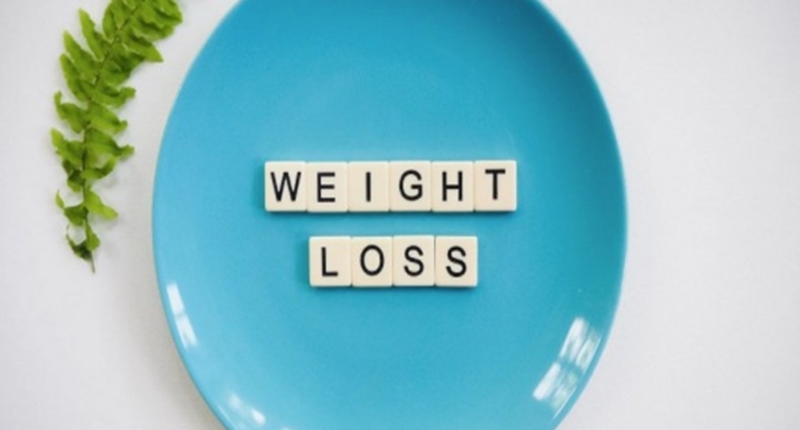GLP-1 levels are lower in people with obesity, and while both medication and dietary changes can increase them, both have their challenges. Medications like Ozempic have side effects, and when stopped, hunger levels may return to previous levels. On the other hand, dietary changes require more time and effort to see a response. Accessibility, time, skill, and cost can also be barriers to making healthier dietary choices. It’s essential to ensure a healthy diet is maintained to increase actual nourishment, even if weight loss is achieved through suppressing appetite. Additionally, systemic changes that reduce barriers to healthy eating may be more effective in improving health outcomes than individual dietary or medication solutions. GPs and dietitians can provide tailored advice based on individual situations and needs regarding food and/or medication.
Ozempic vs Food: Can Certain Foods Help with Weight Loss?
Ozempic, a medication commonly used for managing type 2 diabetes, has been making headlines recently as a weight loss drug. The drug, which contains semaglutide, helps induce satiety, making you feel full and suppressing appetite. However, is there a way to achieve the same results without the use of medication?
The active ingredient in Ozempic, semaglutide, mimics the role of a natural hormone called GLP-1, which is produced in response to detecting nutrients when we eat. GLP-1 is part of the signaling pathway that tells our body we have eaten and prepares it to use the energy that comes from our food. By choosing foods high in GLP-1 stimulating nutrients, we can increase GLP-1 levels and achieve a feeling of fullness.
Certain macronutrients trigger GLP-1 secretion, such as simple sugars, peptides and amino acids from proteins, and short chain fatty acids from fats and good gut bacteria. Energy-dense foods high in fat or sugars with a low water content tend to be high in these macronutrients. Therefore, choosing foods like avocado or nuts for good fats, eggs for lean protein sources, and vegetables and whole grains for fermentable fibers can increase GLP-1 levels and help with weight loss.
High-fat, high-fiber, and high-protein diets can all help you feel fuller for longer, which is why diet change is part of both weight and type 2 diabetes management. However, this system is not necessarily simple for everyone, as when we diet and restrict energy intake, we may become more hungry. Additionally, the “set point” for weight and hunger may differ for some individuals.
While Ozempic and similar drugs may have their benefits, it is important to consider the potential side-effects. Certain foods can provide similar results without the negative effects, making them a great alternative. With a healthy diet, high in GLP-1 stimulating nutrients, achieving weight loss and managing type 2 diabetes is possible without medication.
GLP-1 Levels and Obesity: Can Injections or Dietary Changes Help?
Studies have shown that GLP-1 levels, particularly after meals, are lower in people with obesity. This can be due to a reduction in GLP-1 production or increased breakdown. Additionally, receptors that detect GLP-1 may be less sensitive or there might be fewer receptors. These genetic differences are things we cannot change.
While both dietary changes and drugs can help increase GLP-1 levels and aid in weight loss, both have their challenges. Medications like Ozempic can have side effects, including nausea, vomiting, diarrhea, and issues in other organs. Furthermore, when you stop taking it, feelings of suppressed appetite will begin to dissipate, and hunger levels may return to previous levels, sometimes even higher.
On the other hand, dietary changes have fewer risks in terms of side effects, but it requires more time and effort to see a response. In our fast-paced society, accessibility, time, skill, and cost can also be barriers to making healthier dietary choices.
It’s important to note that systemic changes that reduce barriers to healthy eating, like shorter work weeks or increasing the minimum wage, may be more effective in improving health outcomes than individual dietary or medication solutions.
It’s also vital to remember that weight is just one aspect of overall health. Even if weight loss is achieved through suppressing appetite, it’s essential to ensure that a healthy diet is maintained to increase actual nourishment.
The bottom line is that while “let food be thy medicine” is a catchy phrase, medication and dietary changes can both help modify our health and biological responses. However, individual biology and unique life circumstances are crucial factors that must be considered. For some people, medication may be a useful tool in weight and insulin-related outcomes, while for others, dietary changes alone may be enough.
It’s important to make decisions regarding food and/or medication with the guidance of healthcare professionals. GPs and dietitians can provide tailored advice based on your individual situation and needs.
Don’t miss interesting posts on Famousbio









